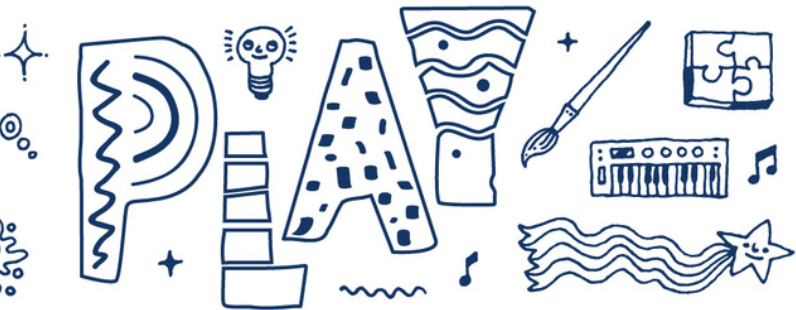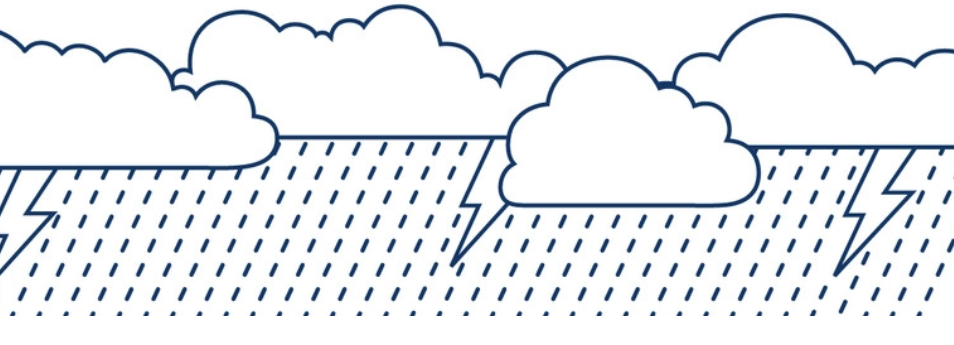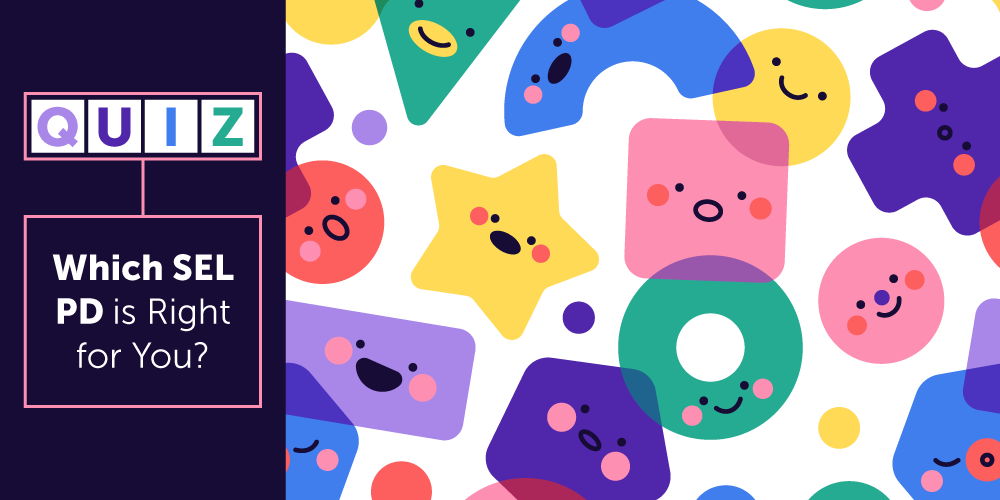In our turbulent world, kindness is everything.
When we rise above our worst instincts, we work consciously to create a more hospitable, equitable, and livable society for all human beings. Teachers know this is not some pie-in-the-sky wish. No, these attributes can be taught and learned through proven social-emotional learning (SEL) techniques.
But what exactly do your students need to create a healthier, happier environment? What tools and resources would help you guide them toward a life filled with honesty, connection, support, and generosity? Take this quiz to find out.
How would you most accurately describe your classroom right now?
Which of these social skills would you most want your students to acquire?
Which of these issues is the most pressing?
You wish you knew more about…
Every day, you want your students to feel like…
Which SEL Course is Right for You?
Move, Grow, Play! Using Play to Teach and Learn

The PD Course Move, Grow, Play! Using Play to Teach and Learn is the best option for you.
In this inspiring course, you will learn ways to add the “Magnificent Seven” to your lessons, gather evidence that champions learning through play, and will return laughter, joy, and play to your classroom!
In this inspiring course, you will learn ways to add the “Magnificent Seven” to your lessons, gather evidence that champions learning through play, and will return laughter, joy, and play to your classroom!
Trauma-Sensitive Teaching: Helping Students Overcome Adverse Experiences

The Course Trauma-Sensitive Teaching: Helping Students Overcome Adverse Experiences is the best option for you.
Explore the foundations of trauma-informed teaching, including an emphasis on relationship-building, student choice, safety, and resiliency. This course will also present a thought-provoking look at the importance of self-care for educators working with students impacted by trauma and provide teachers with the tools they need to build their own wellness plan.
Explore the foundations of trauma-informed teaching, including an emphasis on relationship-building, student choice, safety, and resiliency. This course will also present a thought-provoking look at the importance of self-care for educators working with students impacted by trauma and provide teachers with the tools they need to build their own wellness plan.
Anxiety Awareness: Empowering Students with Help and Hope

The Course Anxiety Awareness: Empowering Students with Help and Hope is the best option for you.
This course will give educational professionals the tools they need to support students who have anxiety, including foundational knowledge about anxiety, its symptoms, and a look at Cognitive Behavioral Therapy (CBT).
This course will give educational professionals the tools they need to support students who have anxiety, including foundational knowledge about anxiety, its symptoms, and a look at Cognitive Behavioral Therapy (CBT).
Fostering a Safe and Inclusive Classroom

The Course Creating Safe and Supportive Spaces for LGBT+ Youth is the best option for you.
In this course, educators will increase their understanding and awareness about strategies to support and champion students who identify as LGBT+. In addition, teachers will expand their knowledge about allyship, create scripts for difficult conversations, discover ways to manage a variety of scenarios, and increase the inclusivity of the learning environment.
In this course, educators will increase their understanding and awareness about strategies to support and champion students who identify as LGBT+. In addition, teachers will expand their knowledge about allyship, create scripts for difficult conversations, discover ways to manage a variety of scenarios, and increase the inclusivity of the learning environment.
Bullying Today

The Course SEL and Empathy-Based Bullying Prevention is the best option for you.
This course provides tools to empower bystanders to become upstanders, and it encourages victims that there is safety in remaining who they are by celebrating their identity.
This course provides tools to empower bystanders to become upstanders, and it encourages victims that there is safety in remaining who they are by celebrating their identity.







